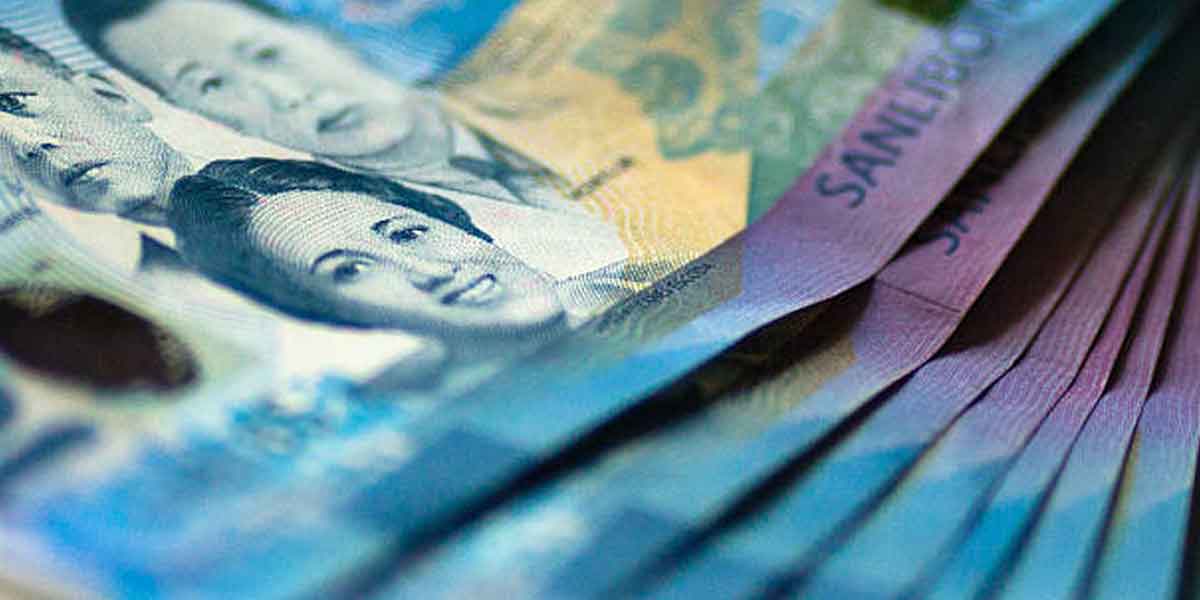By James Jimenez
The Public Affairs Office of the US Department of Justice recently issued a press release about a federal grand jury in the Southern District of Florida, returning an indictment last August 8, 2025, charging three executives of an election voting machine and service provider company and a former Chairman of the Philippines Commission on Elections (COMELEC), for their roles in an alleged bribery and money laundering scheme to retain and obtain business related to the 2016 Philippine elections.
Bombshell
“According to the indictment, between 2015 and 2018, Roger Alejandro Piñate Martinez, 49, a Venezuelan citizen and resident of Boca Raton, Florida, and Jorge Miguel Vasquez, 62, a U.S. citizen and resident of Davie, Florida, together with others, allegedly caused at least $1 million in bribes to be paid to Juan Andres Donato Bautista, 60, the former Chairman of COMELEC.” Allegedly, these bribes were paid to obtain and retain business related to providing voting machines and election services for the 2016 Philippine elections and to secure payments on the contracts, including the release of value added tax payments.
For context, it must be said that the business sought to be “obtained and retained” probably refers to the supply of counting machines and related services to the COMELEC, in relation to the 2016 National and Local Elections – during which time such machines and services had already been in use by the COMELEC since 2010, and had been procured by the agency through a rigorously transparent competitive bidding process.
The US DOJ press release went on to say that the co-conspirators allegedly funded the bribes through a slush fund that was created by over-invoicing the cost per voting machine for the 2016 Philippine elections.
“Over-Invoicing,” of course, refers to a practice where businesses, deliberately issue an invoice for goods or services at a rate higher than their actual cost. This practice can be used for kick-backs – where the seller overstates the invoice, and the buyer, a corrupt official or employee, approves the payment, and receives a kickback for their cooperation. In this case, this was accomplished by putting money in a “slush fund” – a reserve of money used for illicit purposes – the very creation of which pointed to the crime of money laundering, where the price of goods or services are inflated in an invoice to allow the transfer more money out of a country than is legally permissible. The excess funds can then be deposited in offshore accounts, converted into another currency, or invested in assets abroad.
“To conceal and disguise the nature and purpose of the corrupt payments,” according to the US DOJ press release, “the co-conspirators used coded language to refer to the slush fund and caused the creation of fraudulent contracts and sham loan agreements to justify transfers. The co-conspirators then allegedly laundered funds related to the bribery scheme through bank accounts located in Asia, Europe, and the United States, including in the Southern District of Florida.”
“An indictment is merely an allegation,” the press release concluded, clarifying that “all defendants are presumed innocent until proven guilty beyond a reasonable doubt in a court of law.”
Bautista Responds
The following day, August 9, 2024, the embattled former Chairman responded on Twitter (now X): “I sense these charges were politically influenced by key Philippine officials. The voting machine company won the contract before, during and after my tenure as Chairman, a role I performed during the 2016 elections with zeal and competence in service of the Filipino people.”
Bautista added “I will fight for my exoneration in court and show that I have not committed any crime against the U.S government or the American people nor have I taken advantage or prejudiced them in any way.”
Bautista claimed not to have committed any crime, specifically against “the US government or the American people,” is because the indictment is an allegation of a crime against US laws. Thus, co-indictees Piñate and Vasquez are each charged with one count of conspiracy to violate the Foreign Corrupt Practices Act (FCPA) and one substantive violation of the FCPA, while Bautista, Piñate, Vasquez, and Elie Moreno, 44, a dual citizen of Venezuela and Israel, were each charged with one count of conspiracy to commit money laundering and three counts of international laundering of monetary instruments. If convicted, Piñate and Vasquez each face a maximum penalty of five years in prison for the FCPA and conspiracy to violate the FCPA counts. Bautista, Piñate, Vasquez, and Moreno each face a maximum penalty of 20 years for each count of international laundering of monetary instruments and conspiracy to commit money laundering.
All of which is a roundabout way of saying that, first, the indictment points to violations of American law, and apparently not of Philippine law (yet) – hence the ‘strange’ formulation of Bautista’s disclaimer; and second, the indictment does not in any way indicate that Philippine elections – even those conducted with the machines and services of the indictees – have been compromised.
Fallout
In the immediate aftermath of the DOJ’s announcement, the Philippines COMELEC has claimed vindication of its earlier decision – which was later nullified by the Supreme Court – to disqualify the multi-national tech firm from participating in the 2025 National and Local Elections. The COMELEC has since expressed its intent to bring up the fact of the indictment in its appeal.





















